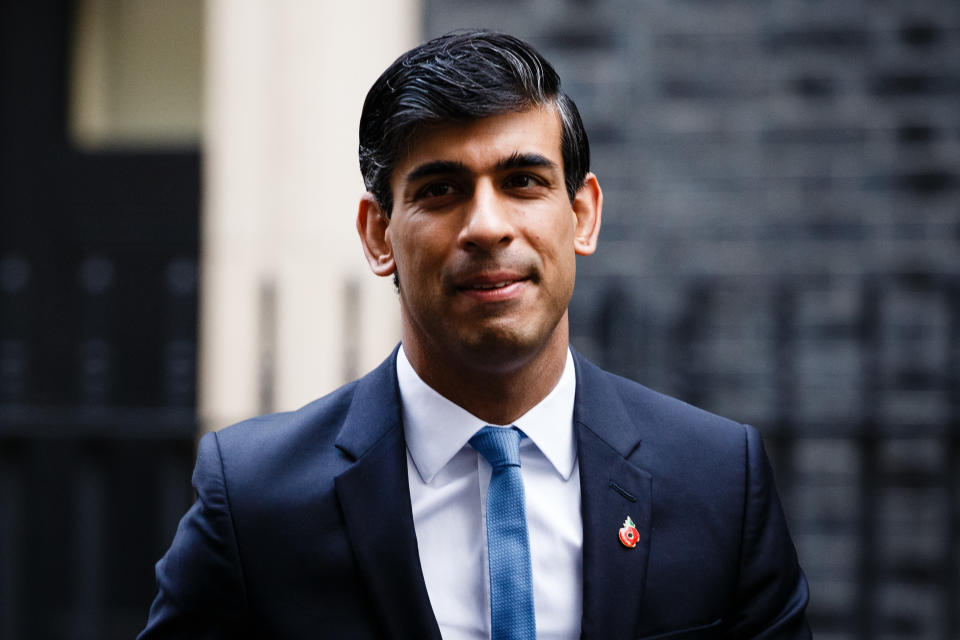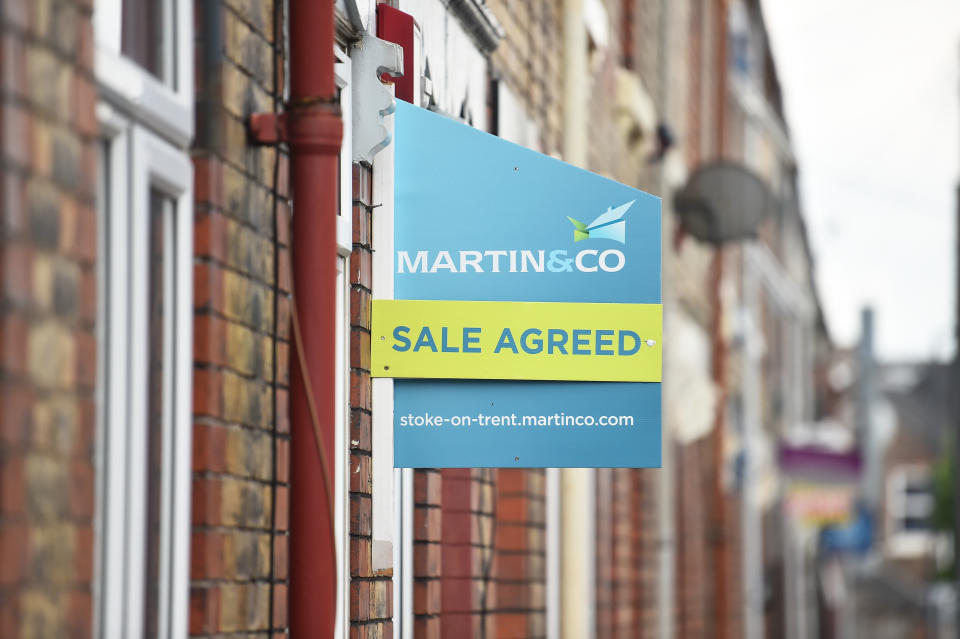UK second-home owners, stock investors, and pensioners could face £14bn tax hike

The UK chancellor is being urged to raise taxes on stock sales, second home disposals, and inherited property, in a radical overhaul that could help pay for the government’s COVID-19 response.
The Office for Tax Simplification said in a report published on Wednesday that the government should overhaul capital gains tax to bring it in line with income tax. The report also called for the current annual capital gains tax allowance to be drastically reduced.
If adopted, the proposals would double the number of people who would have to pay capital gains tax. Payers would also face higher bills.
Under the most radical proposals put forward by the Office for Tax Simplification the number of people hit by capital gains tax would triple.
The recommendations amount to a tax raid on the middle classes and pensioners. The report estimated that the changes could raise an extra £14bn ($18.5bn) a year for the Exchequer.
Chancellor Rishi Sunak commissioned the review of capital gains tax in July, raising speculation that the Treasury could look to increase the tax to help pay for the government’s pandemic response. The government has so far spent £200bn supporting the UK economy through the crisis.
“Investors should now be on high alert for a tax raid on capital gains,” said Laith Khalaf, a financial analyst at stockbroker AJ Bell.
Myron Jobson, a personal finance campaigner at Interactive Investor, said reforms now looked “to be a question of when, not if.”
‘Odd incentives’
Capital gains tax is a levy on assets like stocks and shares, second homes, and other investment assets such as jewellery and antiques. People are liable to pay the tax when they dispose of these assets. The tax is charged on the difference in value between when the asset is acquired and when it is sold. Rates range from 10% to 28% depending on the asset and its value. An annual allowance of £12,300 currently applies.
Capital gains tax rates are lower rates than income tax rates, which range from 20% to 45%. Historically, this difference was meant to encourage entrepreneurship by giving business-owners and stock investors a tax break. The lower rate also reflects the riskier nature of creating a business or investing in stocks.
Watch: Why UK tax hikes seem inevitable post-COVID
However, the Office for Tax Simplification’s report said the current system was “counter-intuitive” and created “odd incentives.”
“It creates an incentive for taxpayers to arrange their affairs in ways that effectively re-characterise income as capital gains,” the report said.
“Most gains are concentrated among relatively few taxpayers, who also tend to have more flexibility about when they dispose of their assets. This can mean that they pay proportionately less tax on their overall income and gains than others.”
The report urged the government to bring capital gains tax rates in-line with income tax rates and to reduce the number of rate bands.
The Office for Tax Simplification said the government should also radically reduce the annual allowance from £12,300 to between £2,000 and £4,000.
Reducing the annual allowance to these levels would double the number of people liable to pay the tax, the report concluded. Cutting the allowance to £1,000 would see numbers triple.
‘Fairer’ and ‘simpler’
Carys Roberts, executive director of the Institute for Public Policy Research, welcomed the proposals and said the changes would make capital gains tax “fairer, simpler and raise revenue for the Exchequer.”
The left leaning think tank previously argued for an overhaul of capital gain tax in a 2019 report.
Nimesh Shah, chief executive of tax advisory Blick Rothenberg, said the proposals were “dangerous” and “a far cry from simplification.”
“This is just a roundabout way of presenting an increase to capital gains tax,” he said.
“As a basic example, an individual who is an additional rate (45%) taxpayer realising a capital gain of £500,000 on the sale of a property would pay an additional £85,000 in tax.
“A pensioner who is a basic rate taxpayer selling some quoted shares realising a capital gain of £10,000 would see their tax bill double to £2,000.”
Stocks held through pension products or ISAs are exempt from capital gains tax.

Sunak has repeatedly insisted his focus is on preserving jobs through the COVID-19 crisis. However, he has said the government will face “difficult” choices on public spending as the UK exits the crisis and looks to pay down debt.
“There is still the question of whether this will prove politically palatable, as this isn’t the kind of policy a Conservative government would typically like to bring in,” AJ Bell’s Khalaf said.
“But then these are extraordinary times and the government has shown it’s willing to do all sorts of things which aren’t compatible with traditional Tory values of fiscal caution and light touch government.”
Khalaf said any reforms to capital gains tax would likely be “the thin end of the wedge, because it won’t balance the books on its own.”
“Nothing is likely to be off the table yet,” said Rebecca O’Connor, head of pensions and savings at Interactive Investor. “The Treasury has a lot of money to raise from taxes to pay for this pandemic.”
Watch: Why are house prices rising during a recession?

 Yahoo News
Yahoo News 